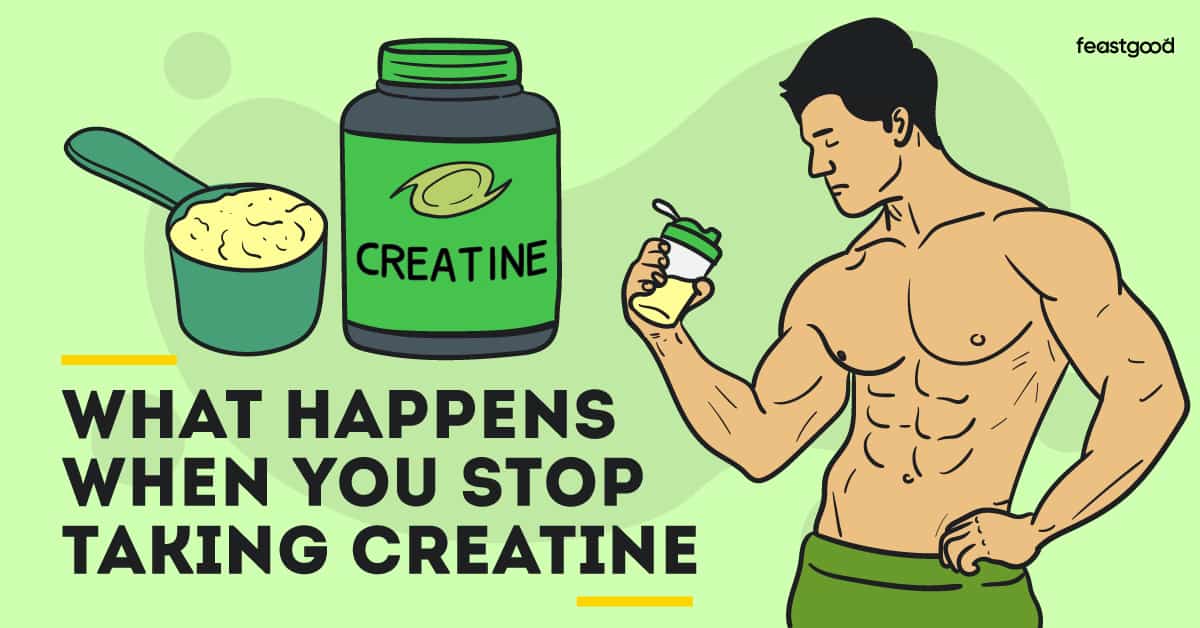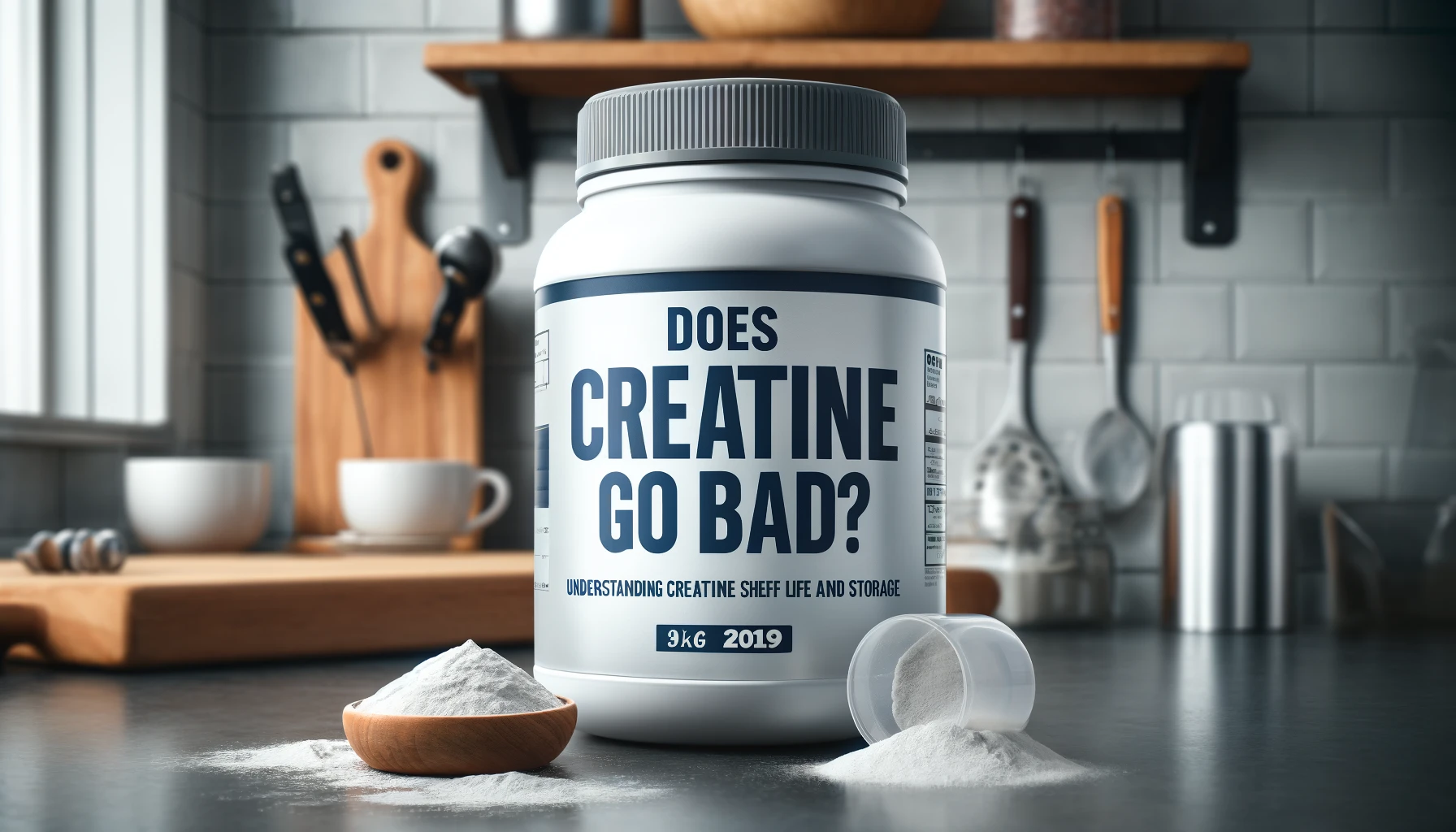Is It Bad To Take Creatine And Not Workout

Creatine, a popular supplement among athletes and bodybuilders for its muscle-building and performance-enhancing properties, often sparks questions about its safety and efficacy, especially when taken without engaging in regular exercise. While generally considered safe for healthy individuals, the question of whether it's detrimental to take creatine without working out remains a subject of ongoing discussion and research.
This article delves into the potential effects, both positive and negative, of creatine supplementation in the absence of physical activity, examining scientific evidence and expert opinions to provide a comprehensive overview.
Understanding Creatine and Its Role
Creatine is a naturally occurring compound found primarily in muscle cells.
It plays a crucial role in energy production during high-intensity activities, such as weightlifting and sprinting.
When supplemented, creatine increases the availability of phosphocreatine, which helps regenerate ATP, the primary energy currency of cells.
How Creatine Works During Exercise
During intense exercise, ATP is rapidly depleted.
Creatine supplementation helps replenish ATP stores, allowing for sustained effort and improved performance.
This, in turn, can lead to increased muscle mass and strength gains over time.
Creatine Without Exercise: Potential Effects
The primary benefit of creatine lies in its ability to enhance performance during physical activity.
However, the effects of taking creatine without exercise are less clear-cut and warrant closer examination.
Potential Benefits
Some research suggests that creatine may offer cognitive benefits, even without exercise.
A study published in the journal Psychopharmacology indicated that creatine supplementation improved cognitive function, specifically memory, in healthy individuals.
Other studies suggest potential benefits for neurodegenerative diseases, although more research is needed in this area.
Potential Drawbacks and Side Effects
One of the most commonly cited concerns about creatine supplementation is water retention.
Creatine draws water into muscle cells, which can lead to a temporary increase in body weight.
While not necessarily harmful, this water retention might be perceived negatively by individuals not engaged in exercise.
Another potential side effect is gastrointestinal distress, such as bloating or stomach cramps.
Although these side effects are relatively rare, they can occur, especially when starting creatine supplementation.
Furthermore, there is a theoretical concern that taking creatine without exercise could potentially strain the kidneys, although this is not supported by robust scientific evidence in healthy individuals.
However, individuals with pre-existing kidney conditions should consult with a healthcare professional before taking creatine.
Expert Opinions and Recommendations
Experts generally agree that creatine is most effective when combined with resistance training.
Dr. Richard Kreider, a leading researcher in the field of creatine supplementation, emphasizes the importance of exercise for maximizing the benefits of creatine.
"Creatine is not a magic pill," he states. "It works best when combined with a well-structured exercise program."
Registered dietitian Marie Spano echoes this sentiment, noting that while creatine may offer some cognitive benefits, its primary purpose is to enhance athletic performance.
She recommends that individuals considering creatine supplementation should first focus on establishing a consistent exercise routine and a balanced diet.
"If you're not working out, you're not going to see the full benefits of creatine," says Spano.
The Importance of Dosage and Hydration
Regardless of whether you exercise or not, proper dosage and hydration are crucial when taking creatine.
A typical loading phase involves taking 20 grams of creatine per day for 5-7 days, followed by a maintenance dose of 3-5 grams per day.
However, individual needs may vary, and it's always best to consult with a healthcare professional or registered dietitian to determine the appropriate dosage.
Adequate hydration is also essential, as creatine draws water into muscle cells.
Aim to drink plenty of water throughout the day, especially when taking creatine.
A Human-Interest Perspective
Sarah, a 35-year-old office worker, started taking creatine after reading about its potential cognitive benefits.
While she didn't notice any significant improvements in her mental clarity, she did experience some bloating and water retention.
After consulting with a registered dietitian, she decided to discontinue creatine supplementation and focus on other strategies for improving her cognitive function, such as regular exercise and a healthy diet.
Conclusion
While creatine is generally considered safe for healthy individuals, taking it without working out may not be the most effective strategy.
The primary benefits of creatine are realized when combined with resistance training, which allows for increased muscle mass and strength gains.
If you're considering taking creatine, it's best to consult with a healthcare professional or registered dietitian to determine if it's right for you, especially if you have any pre-existing health conditions.
Ultimately, a balanced diet and a consistent exercise routine are the cornerstones of good health and optimal performance. Creatine can be a useful supplement for enhancing athletic performance, but it's not a substitute for a healthy lifestyle.


















